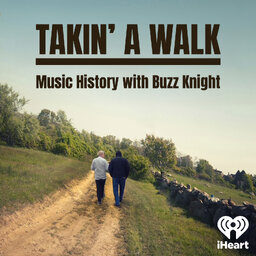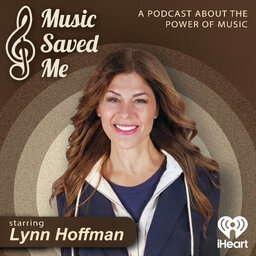"Strolling Through Life's Harmony with Musician and Producer Charlie Peacock"-Best Musician Interview Podcast
Join @thebuzzknight for this episode with renowned American singer, songwriter, pianist, record producer and author Charlie Peacock. He has just released his memoir titled "Roots and Rhythm: A Life in Music" and Charlie shares the many inside stories of his creative process.
For questions or comments write buzz@buzzKnightmedia.com.
In 2 playlist(s)
Takin' A Walk - Music History with Buzz Knight
On the Takin’ A Walk-Music History Podcast, Buzz Knight goes deep with American music’s most iconic …Social links
Follow podcast
Recent clips
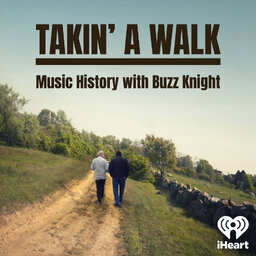
Buzz Knight and Cousin Brucie: A Walk Through Rock Music History and Nostalgic Memories of Radio's Golden Age
30:40
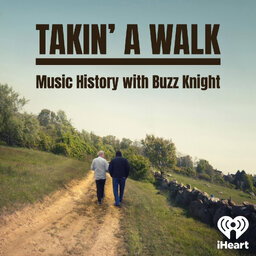
Marc Broussard: Soul Rockers, Growing Up in Louisiana's Music Scene, and Finding Your Authentic Voice-Rock and Roll Stories.
47:18
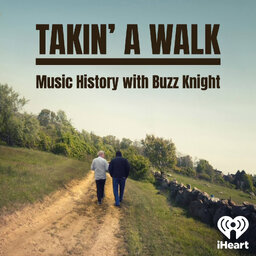
"Celebrating Timeless Rhymes: De La Soul's The Grind Date Turns 20"-Hip Hop Music History-Best Musician Interview Podcast Replay
32:24
 Takin' A Walk - Music History with Buzz Knight
Takin' A Walk - Music History with Buzz Knight